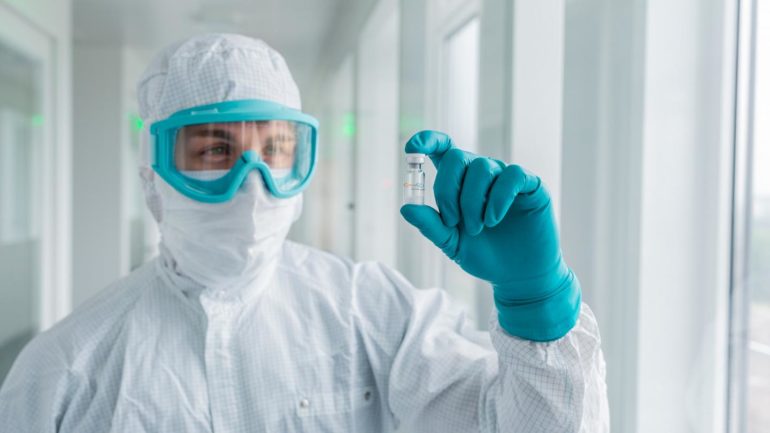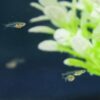Finally, after the Russian government approved it for use, there’s actual evidence that the country’s experimental coronavirus vaccine induces an actual immune response.
Results from a preliminary test were published in the academic journal The Lancet on Friday, New Scientist reports, ending weeks of mystery during which Russian officials bragged about the vaccine despite there being no publicly-available evidence that it worked.
Even the newly-published experiment is minuscule in scale compared to what’s necessary to prove that a vaccine works and is safe. The paper shows that the vaccine prepared the immune systems of all 76 healthy volunteers to fight the coronavirus without side effects. But, as New Scientist points out, there’s still no evidence that the vaccine actually prevents or even mitigates COVID-19 infections.
Without proper data, scientists remain skeptical of the vaccine — and, needless to say, the deployment of it — until there’s actual evidence that it will help.
“We are not expecting to see widespread vaccination until the middle of next year,” World Health Organization spokesperson Margaret Harris said at a Friday press briefing.
“This phase 3 must take longer because we need to see how truly protective the vaccine is and we also need to see how safe it is,” Harris added, speaking of experimental vaccines in general.



